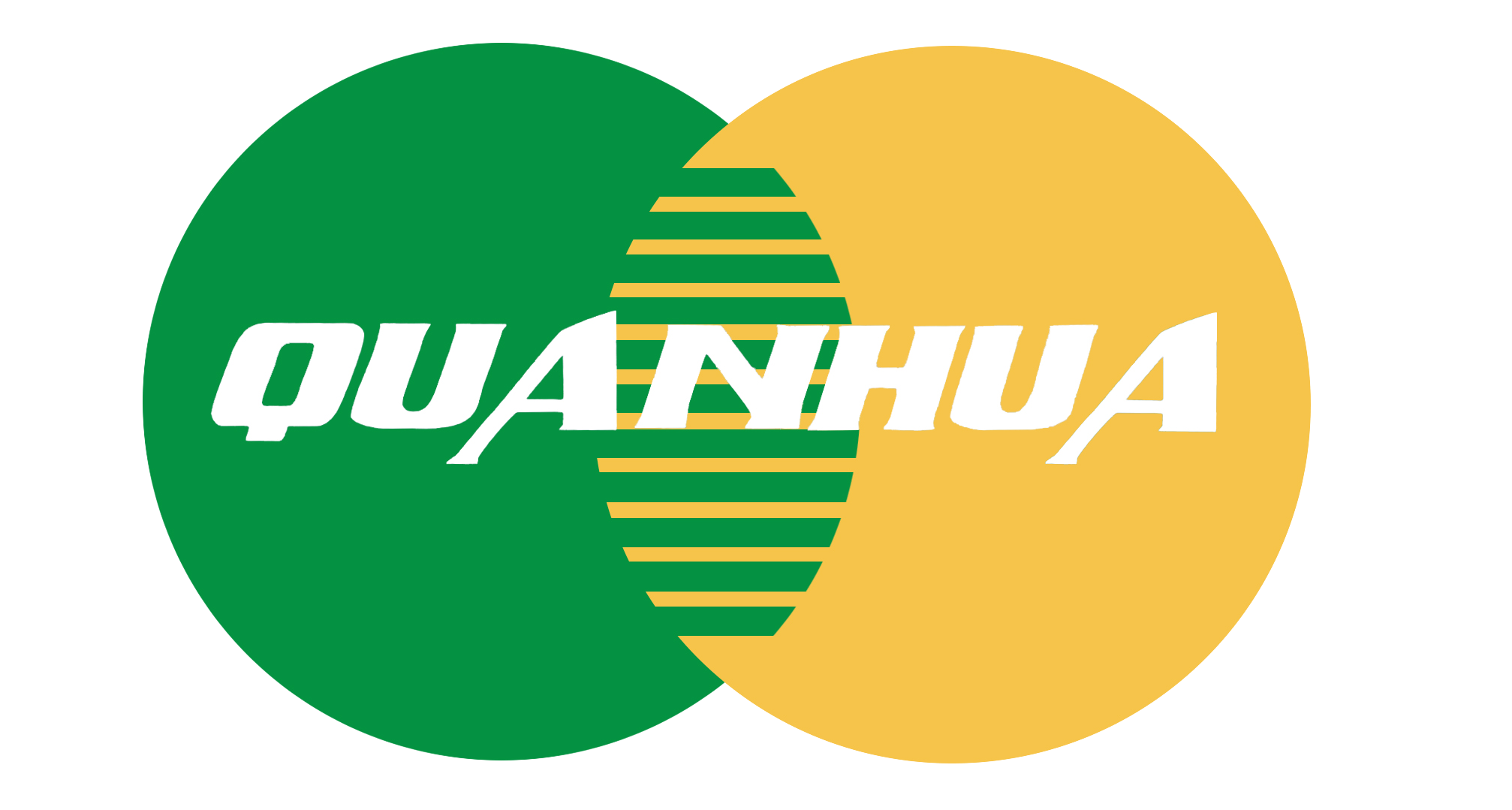Paper Forks vs. CPLA Forks: Embracing Sustainable Dining Options
In today's environmentally conscious world, businesses are increasingly seeking sustainable alternatives to reduce their environmental impact. This shift is evident in the growing popularity of paper forks and CPLA (compostable polylactic acid) forks as eco-friendly replacements for traditional plastic forks.
Paper Forks: A Biodegradable Choice
Paper forks are made from renewable paper pulp, making them a biodegradable option that breaks down naturally over time. They are often perceived as a more environmentally friendly choice compared to plastic forks, which can take hundreds of years to decompose and contribute to landfill waste.
Paper forks offer several advantages, including:
Biodegradability: They decompose naturally, reducing their environmental footprint.
Compostability: They can be composted into nutrient-rich soil amendment, further minimizing waste.
Renewable Resource: Made from renewable paper pulp, promoting sustainable forestry practices.
CPLA Forks: A Durable and Compostable Alternative
CPLA forks are derived from plant-based materials, such as corn starch or sugarcane, making them a compostable alternative to plastic forks. They offer a durable and sturdy option for dining needs.
Key benefits of CPLA forks include:
Compostability: They break down into organic matter under composting conditions.
Durability: They can withstand moderate heat and pressure, making them suitable for various meals.
Plant-Based Origin: Derived from renewable plant sources, reducing reliance on petroleum-based plastics.
Choosing the Right Eco-Friendly Fork
The choice between paper forks and CPLA forks depends on specific factors and priorities. If biodegradability is the primary concern, paper forks may be the preferred option. However, if durability and compostability are essential, CPLA forks offer a suitable alternative.

